Living With the Passover Lamb Before Sacrificing It
Even those with a passing familiarity with the Exodus account know that God (through Moses) told the Israelites to slaughter a Passover lamb and spread the blood on each household’s doorpost, in order that the angel of death would “pass over” that house while killing all the firstborns of Egypt.
However, it wasn’t until a recent sermon that I realized that the Israelite households were supposed to choose the unblemished lamb and then let it live with them (inside their houses) for four days. In the text (at least the ESV) it’s not obvious (Ex. 12):
1The LORD said to Moses and Aaron in the land of Egypt, 2“This month shall be for you the beginning of months. It shall be the first month of the year for you. 3Tell all the congregation of Israel that on the tenth day of this month every man shall take a lamb according to their fathers’ houses, a lamb for a household. 4And if the household is too small for a lamb, then he and his nearest neighbor shall take according to the number of persons; according to what each can eat you shall make your count for the lamb. 5Your lamb shall be without blemish, a male a year old. You may take it from the sheep or from the goats, 6and you shall keep it until the fourteenth day of this month, when the whole assembly of the congregation of Israel shall kill their lambs at twilight.a
However, it is well established that they were to keep the lamb in the house. (Also, what sense would it make to “keep it until the fourteenth day” if it just meant, let the lamb run around as before?)
There are obvious parallels with Jesus as the Lamb of God–He lived among us before dying for our sins. (This writer thinks the 4 days in the middle of Holy Week are significant here.) Yet even if we just focus on the Passover practice in ancient Israel, we can see the psychological function: Everybody in the household (especially the children) would get attached to the lamb, before seeing it killed. This wasn’t a ritual that could happen on the periphery.
Austrians Are From Mars, Market Monetarists Are From Venus
What we’ve got here is failure to communicate. Somehow, Scott Sumner thought Austrians back in 2009 were claiming that the malinvestments of the housing boom “would remain empty for decades.” You can skim the comments at the link to see the twists and turns when I tried to get to the bottom of this assertion.
(Also, frequent commenter baconbacon has devoted a blog post to answering Sumner.)
On the flip side, I apparently don’t understand Market Monetarism. Scott quotes a news article reporting this about Janet Yellen: “Elaborating on how the central bank should think about what to do if rates have to be cut to zero again in the future and can’t go any lower, she said the Fed should promise now that it will keep rates low enough to let a hot economy make up for lost time.”
Now, based on my dutiful reading of Scott from way back in 2009, I would’ve predicted that Scott would go ballistic in reading these lines from Yellen. Doesn’t she know that the recent experience with near-zero interest rates was showing how TIGHT money had been, since 2008? In general, low interest rates–particularly if they are anticipated years in advance–are evidence in favor of tight money, not loose money. If Yellen is promising markets that nominal interest rates will be near-zero years ahead of time, and for a long duration as the economy responds to the next crisis, then she is actually telling markets that money will be way too tight.
But, apparently my understanding of Market Monetarism is wrong, because Scott was very happy at Yellen’s remarks, going so far as to say they remind him of his license plate:
Murphy vs. Tucker Carlson
For real, I think I identified at least two big mistakes in the recent Tucker Carlson clip where he went after Jeff Bezos for off-loading his labor costs onto taxpayers (through food stamps). Even if you’re an economist who agrees with me, I encourage you to read my article. It took me a bit to think through what the confusion was.
An excerpt:
Now the way critics from Bernie Sanders to Tucker Carlson interpret this scenario, if only the breadwinner in this household got a raise from her employer—say, $300 a month—the taxpayers wouldn’t need to chip in to help feed her kids. This is the commonsense reasoning by which Amazon and Walmart are allegedly unloading some of their labor costs on taxpayers and why Carlson says Jeff Bezos owes you a “thank you.”
But hold on a second. In this example, the woman’s landlord could also help this struggling mother by reducing her rent $300 per month. Does the landlord owe taxpayers gratitude as well?
Niskanen Center Scholar Outraged That Nancy MacLean Relying on 2015 Description of Itself
This is really funny. (Full disclosure: I have had many unfriendly interactions with Jerry Taylor, founder of the Niskanen Center, over the last few years, so take that into account when reading this post.)
Nancy MacLean took an ad hominem swipe (as is her wont) on Facebook against Steven Teles, a Senior Fellow with the Niskanen Center, who had earlier criticized her scholarship. That’s dog-bites-man story. But what I find hilarious is that Teles in his response was shocked that MacLean had the audacity to accuse the Niskanen Center of being a libertarian organization.
So here’s the offending passage from MacLean’s Facebook post: “…I notice that Kabaservice, like Teles, whose driveby, ill-informed attack on my work he cites, is on the payroll at the Niskanen Center. It’s named after the former Cato President, and launched by some who couldn’t abide the climate science denial anymore, but hold on to the libertarianism.”
In response to that charge from MacLean, here’s how Teles reponded:
Let’s start with the simply wrong and move on from there. First, Bill Niskanen was not president of Cato, but chairman of the board. That’s a pretty big difference. She can find the evidence right here on Wikipedia. If she had done any research on the Niskanen Center whatsoever, she would recognize that Bill Niskanen’s work has very little in common with the Center’s, beyond a willingness to call things as we see them. Second, when the book was published Brink Lindsey was no longer at VP at Cato, as he had moved to Niskanen. She would have found that here.
Third, the Niskanen Center does not describe itself as libertarian. For those who are interested, here’s Niskanen’s “About” page. It is certainly true that a lot of Niskanen’s staff came out of libertarian organizations, including Cato. And it’s right that Jerry Taylor’s original motivation for starting Niskanen had a lot to do with his rejection of climate science denial. But she might also find that Jerry was very involved on one side of the battle over control of Cato, with a certain bête noire of hers on the other side.
In any case it’s certainly not even remotely correct to say that that Niskanen “holds on to the libertarianism.” Has she even bothered to visit the Niskanen website before saying things like this? If she had, she’d have run into, for instance, Sam Hammond’s excellent work on the “free market welfare state,” which argues that in an era of market disruption the cause of social insurance is even more vital than ever. If that was too long she could have read Jared Bernstein’s interview with Sam, craftily hidden at the Washington Post.
Looking around elsewhere on the Niskanen site, Prof. MacLean might have read our Vice-President for Research Will Wilkinson’s attack on the Republican tax bill last year, which traces its flaws back to libertarian ideas. It was deep in the dark web…no, it was in the New York Times, which is easily available in Durham. She might also be interested in Will’s argument with a prominent George Mason University libertarian, Ilya Somin, on what he sees as libertarianism’s fundamental conflict with democracy. The piece, by the way, says that Professor MacLean is right on the question of libertarian hostility to democracy, but that, among other things, she is “overly fond of Infowars-style dot-connecting.”
If Professor MacLean was under the impression that Niskanen is just a libertarian mouthpiece, she could have also picked up my book with Niskanen VP for Policy Brink Lindsey, The Captured Economy. There are two copies in Duke’s library, for her reading pleasure. There she would have found us arguing for reversing Republicans’ cynical cuts in Congressional analytical capacity, which we argue simply empower lobbyists for concentrated interests. She might have also looked on the New York Times website, where she would have found Brink and I criticizing the Trump administration’s record on regulation as simply advancing upward redistribution and rent seeking. Neither of these are the standard argument around the halls of Reason or Cato.
As I say, your mileage may vary, but I find the above absolutely hilarious. Note, early on, that Teles can’t believe MacLean would think “the Niskanen Center” might have something to do with the work of Niskanen.
But beyond that, it’s great that Teles says the actual work of the Niskanen Center should be enough to tell any disinterested observer that it is NOT a libertarian organization, advancing libertarian ideals. I agree with you wholeheartedly, Dr. Teles!
Teles is also right that if you look at the current description of Niskanen on its website, you won’t find any mention of libertarianism.
Ah, but that’s why you need to look at their ORIGINAL “conspectus,” when they launched a few years ago. Fortunately it’s still online (and I’ve downloaded the PDF in case something should happen to this link…), and it contains stuff like this:
And, lest you think the above is just some obscure language buried deep in their website, here’s the press release from Feb. 2015 when Niskanen first launched, with quotes coming from its founder, Jerry Taylor:
So in sum, the Niskanen Center has been just as slippery as I’ve been warning since its founding: It is (e.g.) urging libertarians and conservatives to support a carbon tax, even though the alleged safeguards (like revenue neutrality) go out the window when convenient.
I just feel bad for Dr. Teles, who joined an organization without apparently realizing that three years ago, it told the world it was libertarian.
Two Basks About Krugman
(For newcomers, on this blog we don’t “bleg” we “bask.”)
#1) On Krugman’s victory lap commemorating the 10th anniversary of Lehman, he wrote:
You could say that nobody could have predicted such a sustained slump. You could say that — but you would be wrong. Many people, myself included, predicted a slow recovery, because this was a different kind of recession from those of the 70s and 80s — one brought on by private-sector overreach, not inflation.
So here’s my sincere question: Is the above stance compatible with the way Krugman sighed/mocked Greg Mankiw in early 2009, when Mankiw said he doubted the rosy recovery projections of the Obama economic team? Kuehn, Harold, Transformer, prove me wrong. But I have one plea: If you are going to argue it’s compatible, can you also add whether Krugman in so doing is being deliberately misleading? I.e. I imagine someone could say, “Oh, Krugman also disagreed with the Administration forecast of recovery, and he thought Mankiw was totally right to predict a depressed economy for years to come, it’s just that the specific rationale Mankiw gave was not the one Krugman would have given.”
#2) Not in the particular reminiscences in the above article, but elsewhere recently Krugman has been reminding people of the 2010 column (which I’m finding on Bloomberg) in which a pundit contrasted Krugman’s views with fund manager John Paulson. What’s weird is that if you look up Krugman’s handling of it at the time, in the excerpt he himself provides from the article, it’s not at all obvious that Krugman won the contest (from our vantage point right now).
The problem is that there’s a paywall on the original 2010 column. If anyone feels it is ethical to do so, I would not mind being able to read that…
Your Whole Life Has Prepared You for God’s Purpose
I was watching the movie Paul the Apostle of Christ with my son. It focuses a lot on the anguish Paul felt for his earlier sins, when he persecuted Christians. I pointed out that God used Saul’s sins in order to motivate his zealousness for Christ. Among other aspects, Paul really meant it when he told people, “Jesus’ blood covers all of your transgressions.” Paul knew that from firsthand experience. So Paul’s epistles can break through to people who otherwise might have thought they were without redemption.
Likewise, if God had asked someone like me to go tell the Ninevites to repent, I’d like to think I’d do it. But it would probably be halfhearted. In contrast, God asked Jonah who fled. Then after spending three days inside a whale–which if you think about it, is just about the most terrifying thing one can imagine, that doesn’t involve physical torture–Jonah repents and is spit onto dry land. After his experience, the prospect of marching into a hostile city and dressing them down is child’s play. Jonah has just been through far worse, and he has directly witnessed God’s sovereignty. Jonah can deliver his warning of God’s wrath with such utter sincerity and confidence that it actually works.
Potpourri
==> Can’t remember if I already blogged this: The latest Contra Krugman picks apart Krugman’s mocking of Cato’s ranking of the states by “freedom.”
==> In the latest Lara-Murphy Show, we answer a Twitter question: Why is IBC better than just “paying cash” for big ticket items?
==> Rob Bradley has a new book on Enron.
==> Especially if you are a financial professional, you might check out some of these videos of Carlos Lara talks from the IBC Think Tank. (We recently made them publicly available.)
==> Nick Rowe is so cool, The Economist writes an article about his dream.
==> Not sure if I’ve mentioned this publicly: When I was younger, I told my (younger) brother that I would walk on the moon before I died. He thought I was nuts. Am I?
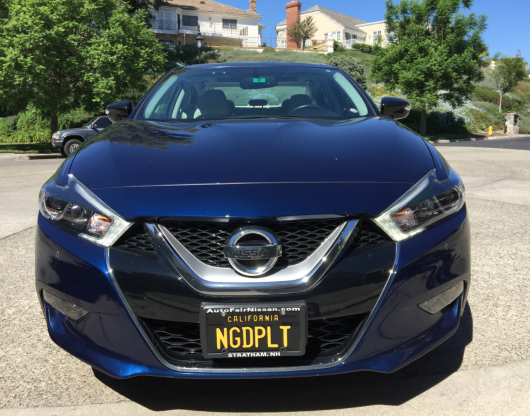
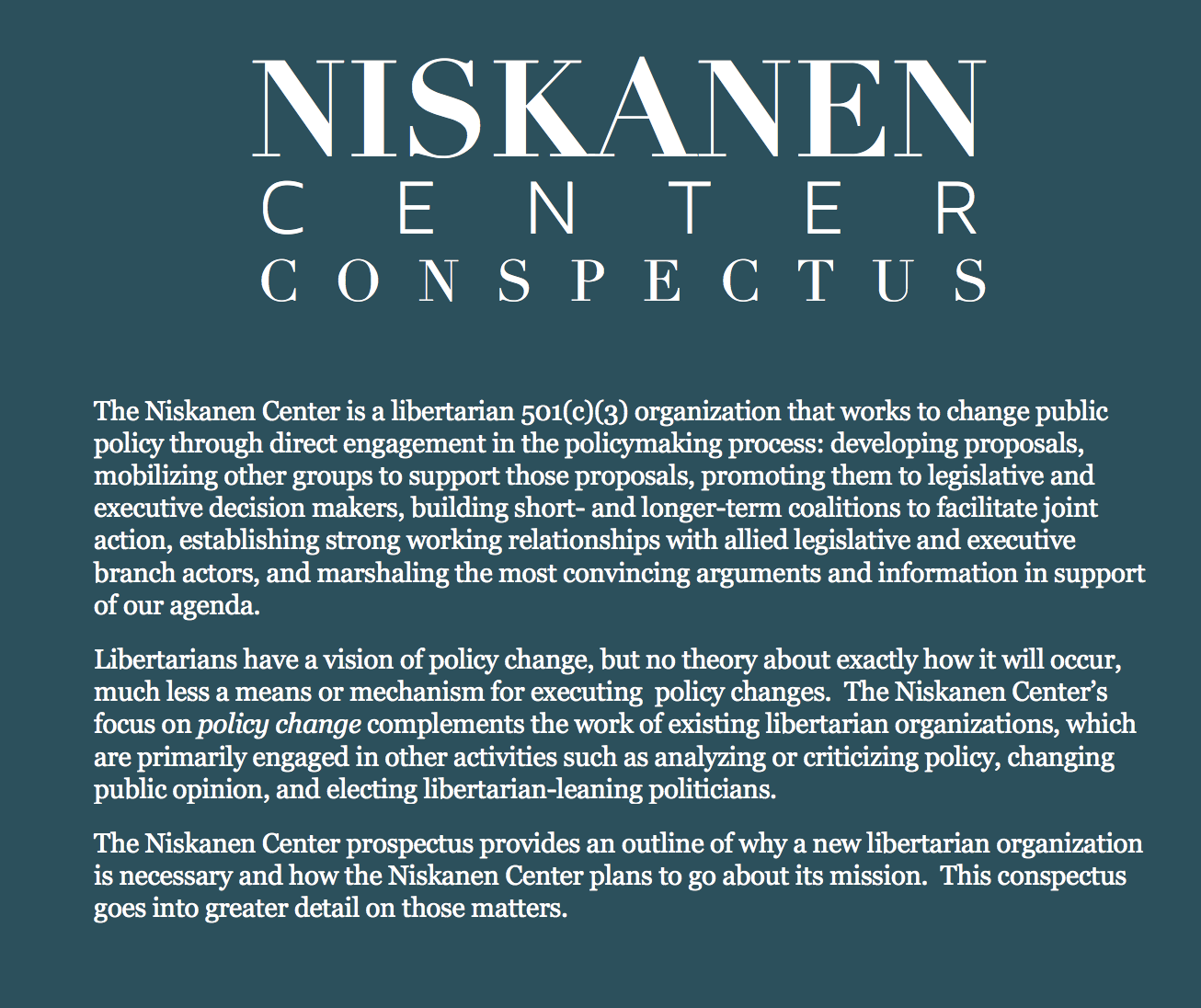
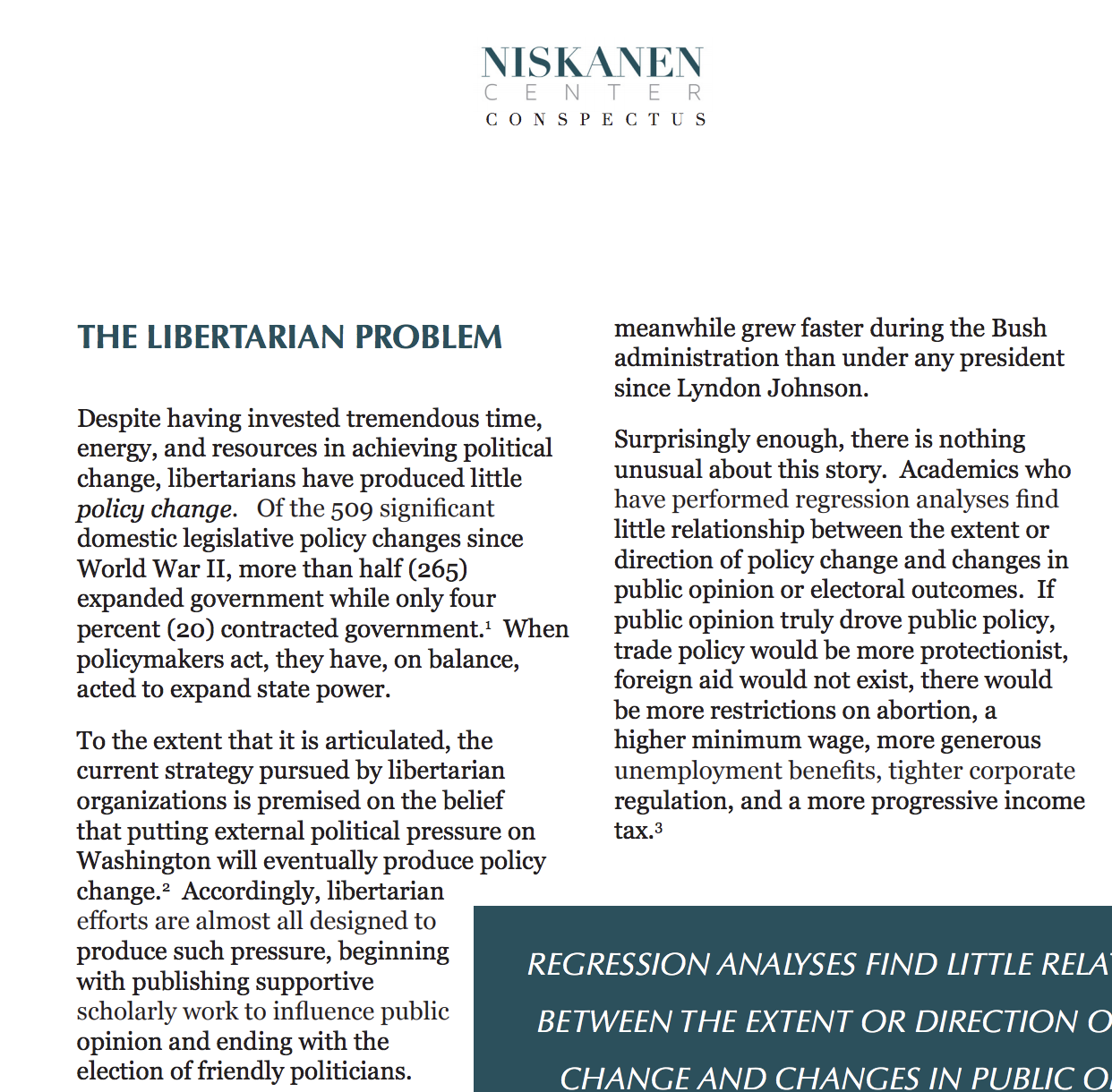

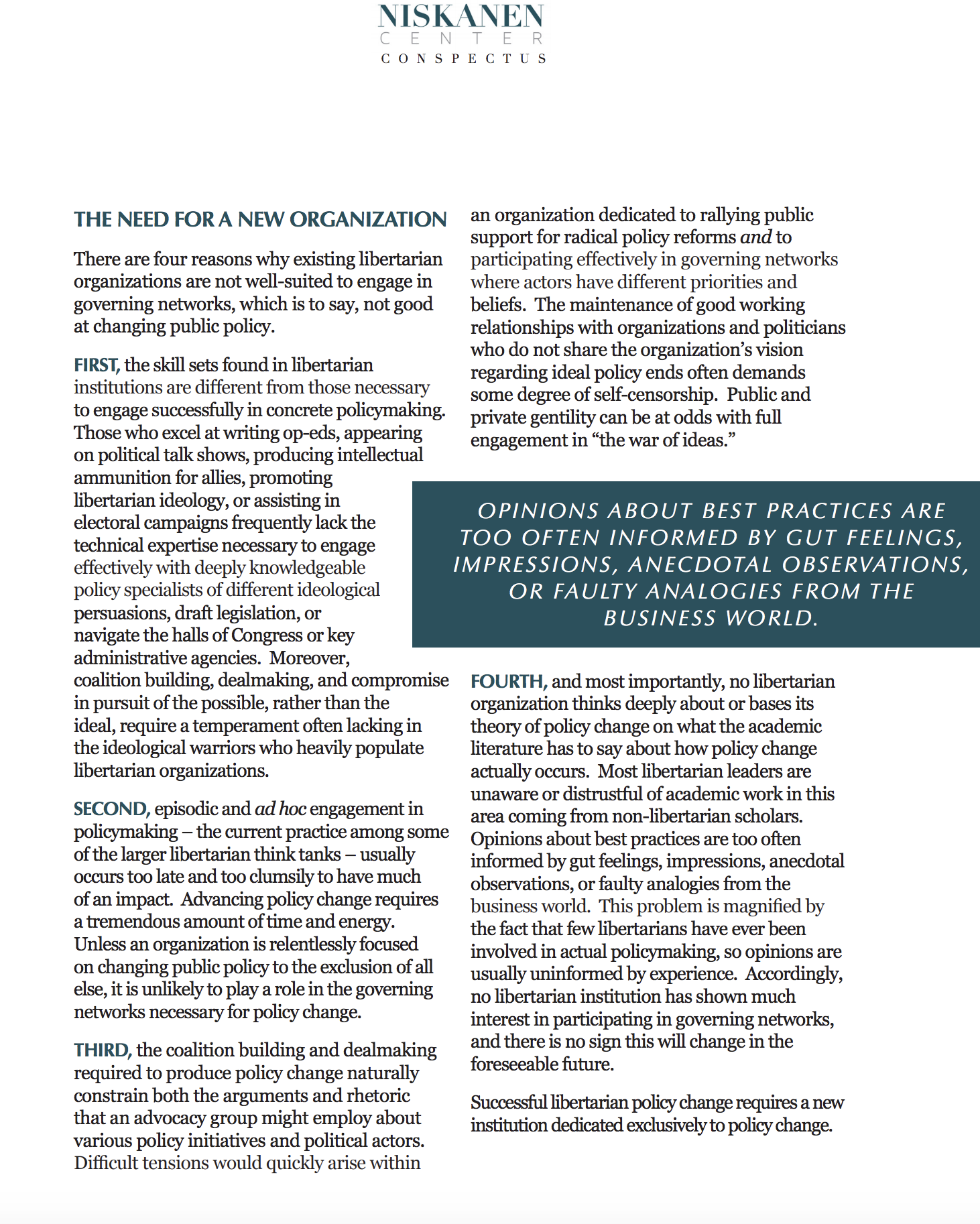

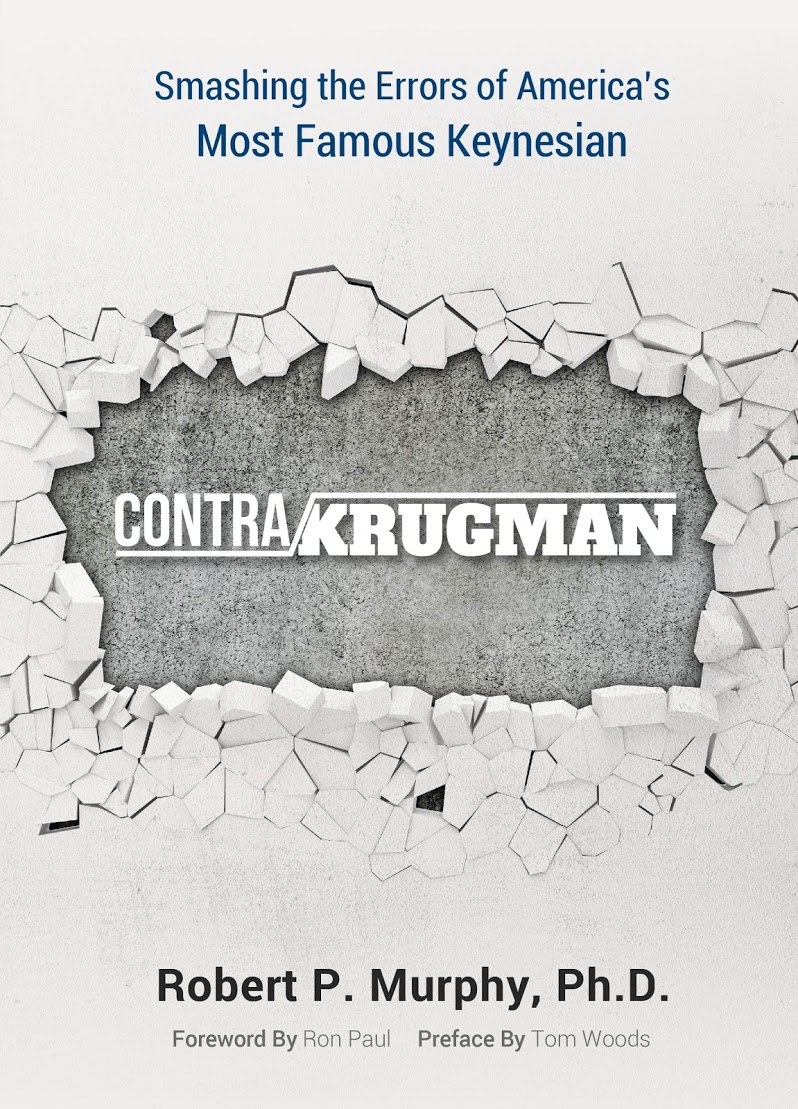







Recent Comments